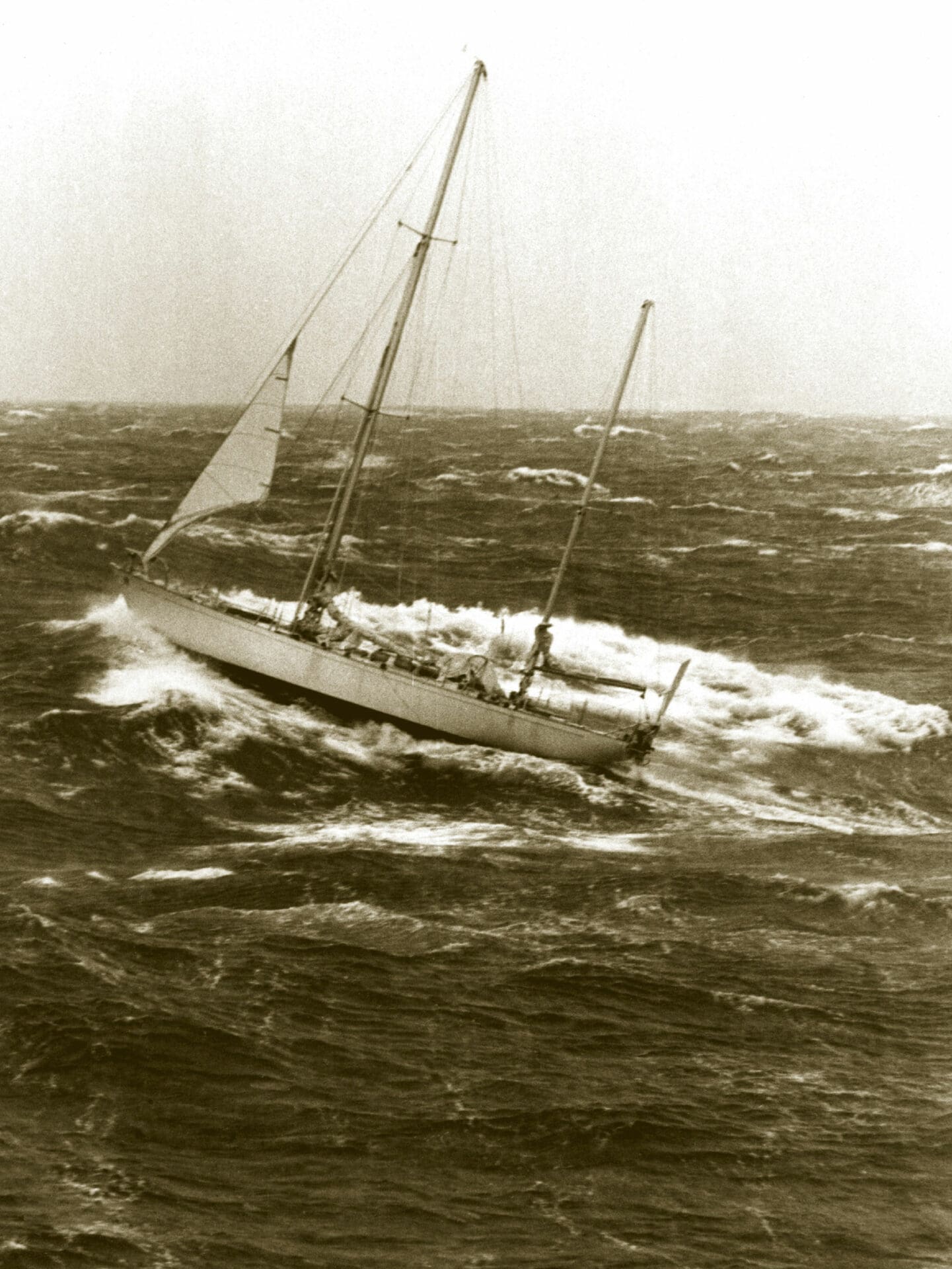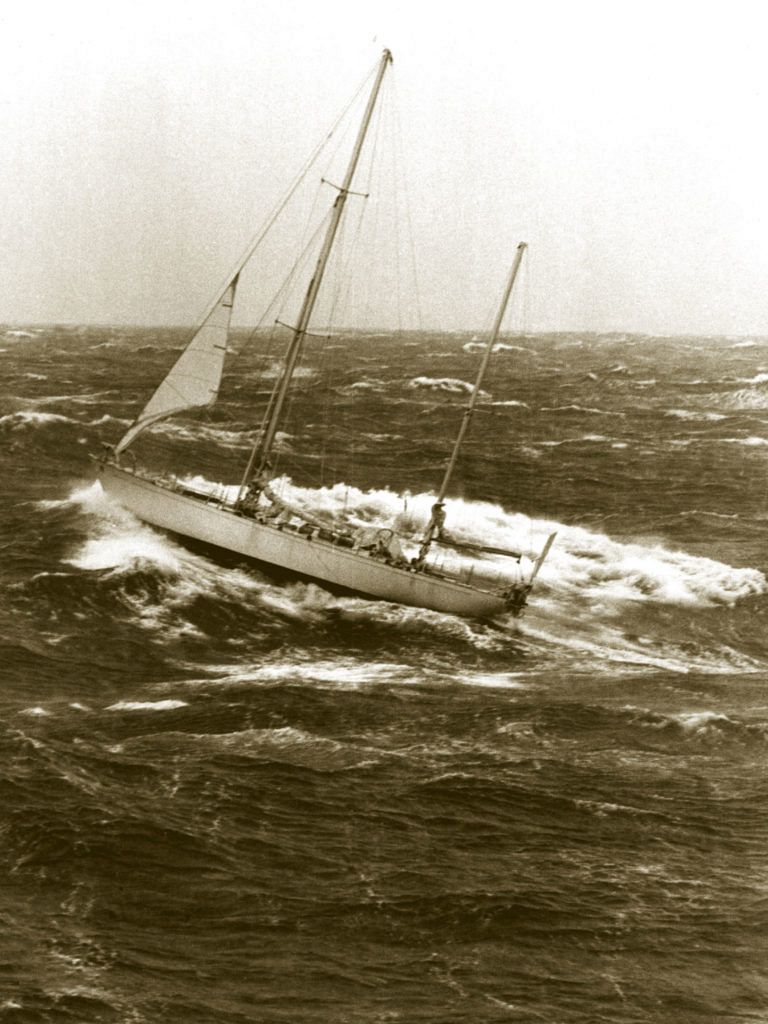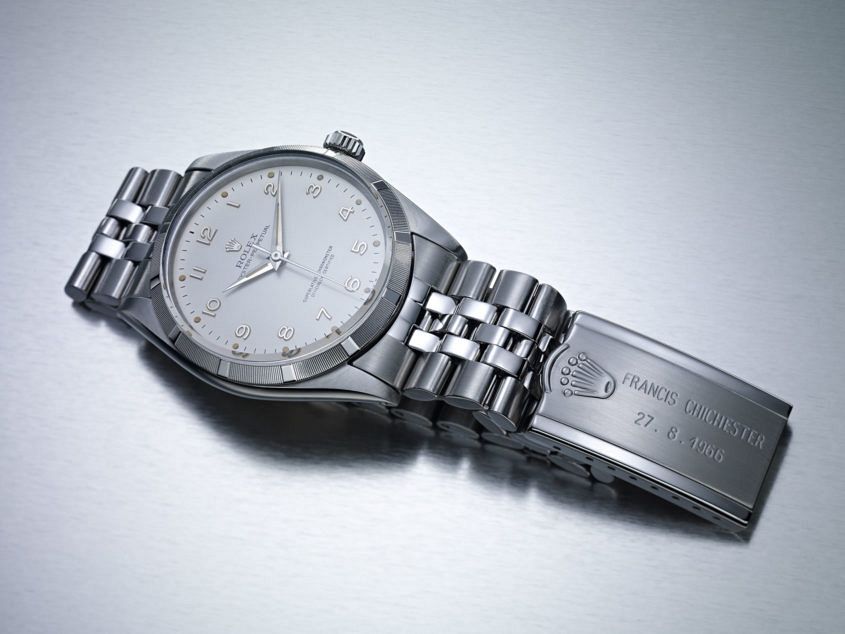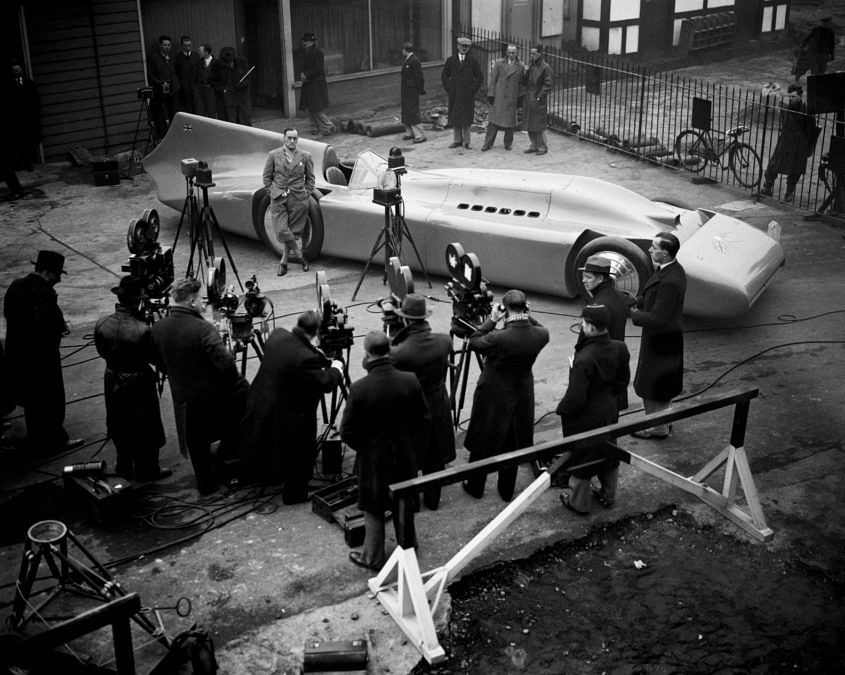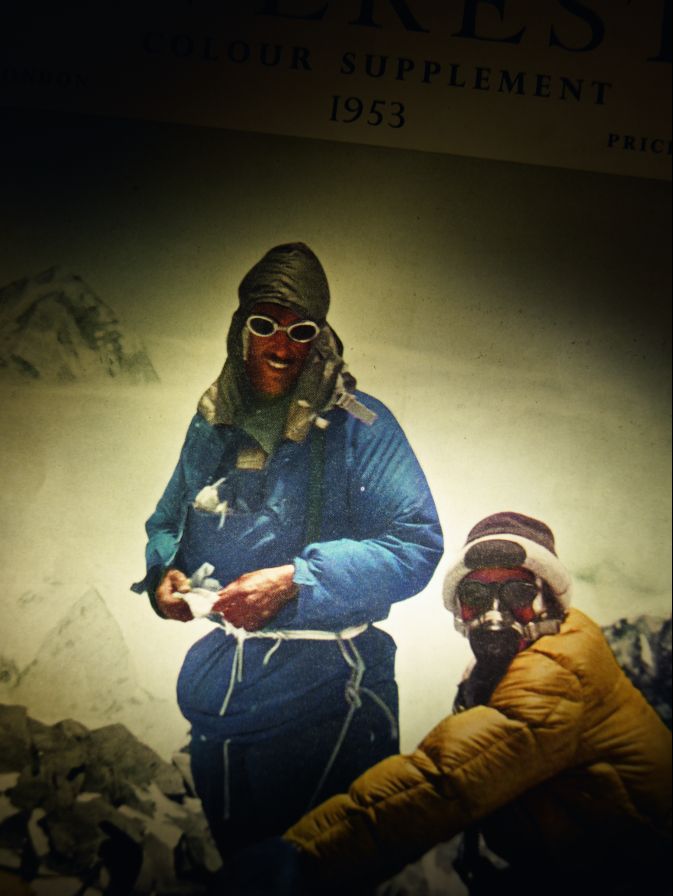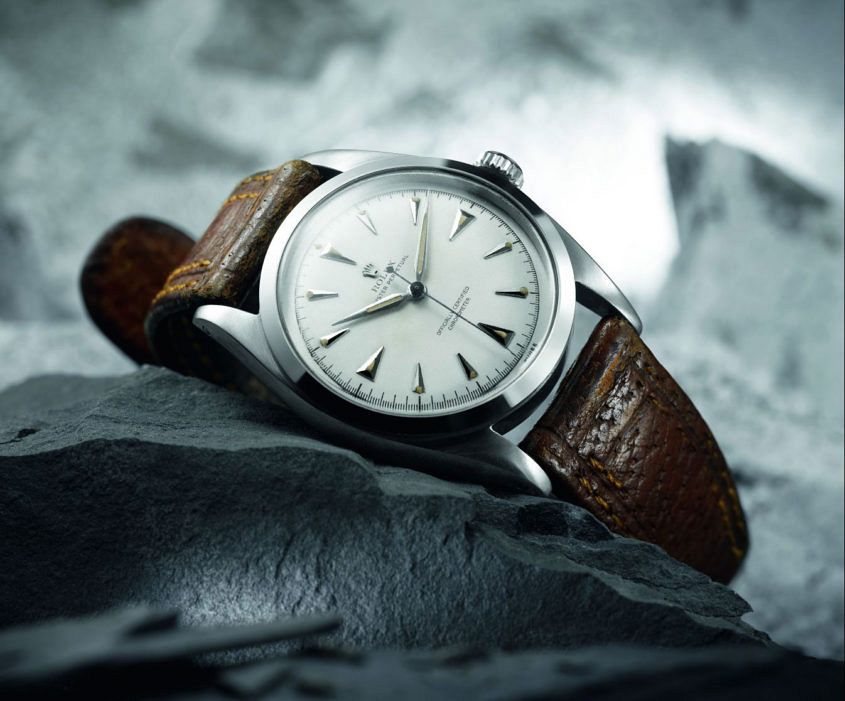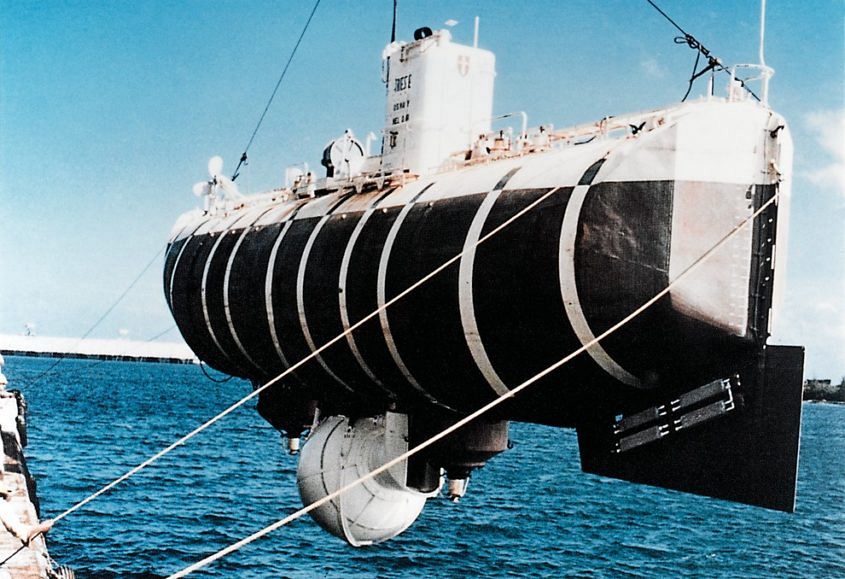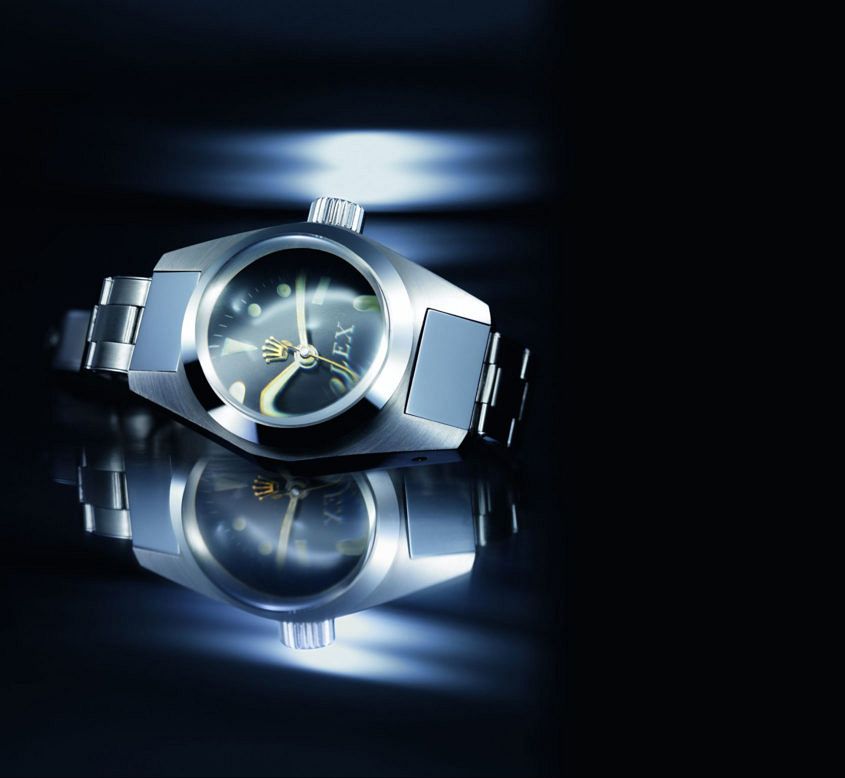INSIGHT: Further, faster, higher, deeper – Rolex and the history of extremes
Felix ScholzRegardless of what you think about Rolex, its reputation for rock-solid reliability is legendary. Stories abound of people taking their grandad’s Datejust out of the safe for the first time in decades, only to find it still keeping perfect time, or Submariners with gaskets and seals that have logged thousands of dive hours with no sign of failure. These are the everyday examples, but there are also the pioneers – watches that have played an integral role in landmark historical events, and not been found lacking.
Further – Sir Francis Chichester and the Gipsy Moth IV
For 226 days between 1966 and ’67, Sir Francis Chichester sailed around the world alone. Chichester was the first man to make the 47,600km circumnavigation solo, travelling from west to east. On his wrist was his Rolex Oyster Perpetual, about which he said, “I cannot imagine a hardier timepiece. When using [it] for sextant work and working the foredeck it was frequently banged, also doused by waves coming aboard; but it never seemed to mind all this.”
Faster – Sir Malcolm Campbell and Blue Bird V
In 1935 legendary racing motorist Malcolm Campbell broke the landspeed record at Daytona beach, hitting 531 km/h in Blue Bird V. He wore an Oyster Perpetual, later telegramming the makers with a progress report: “Rolex watch worn yesterday during record attempt and still going splendidly not withstanding rough usage received.” Of course Rolex is still pushing the frontiers of speed with driver Andy Green and the Bloodhound.
Higher – Sir Edmund Hillary and Everest
In 1953 Sir Edmund Hillary and Tenzing Norgay reached the summit of Mount Everest, the highest peak in the world. Hillary wore a Rolex on his wrist, and on arriving home in New Zealand, sent the watch to Rolex to see what they could learn from its exposure to such an extreme environment. Today that watch is in a Swiss museum, while Hillary’s achievements inspired one of the most iconic of Rolex’s models – the Explorer.
Deeper – Jacques Piccard, Don Walsh and the bathyscaphe Trieste
Swiss oceanographer Jacques Piccard and Lieutentant Don Walsh made history in 1960 when they descended 10,916m to the bottom of the Mariana Trench, the deepest point on the planet, in the western Pacific Ocean. Attached to the outside of their bathyscaphe, Trieste, was a specially constructed Rolex, the Deep Sea Special. That a watch could withstand such enormous pressure was an engineering marvel, and even much more recently in 2012, James Cameron’s Deepsea Challenger fell shy of Trieste’s record by eight metres.




